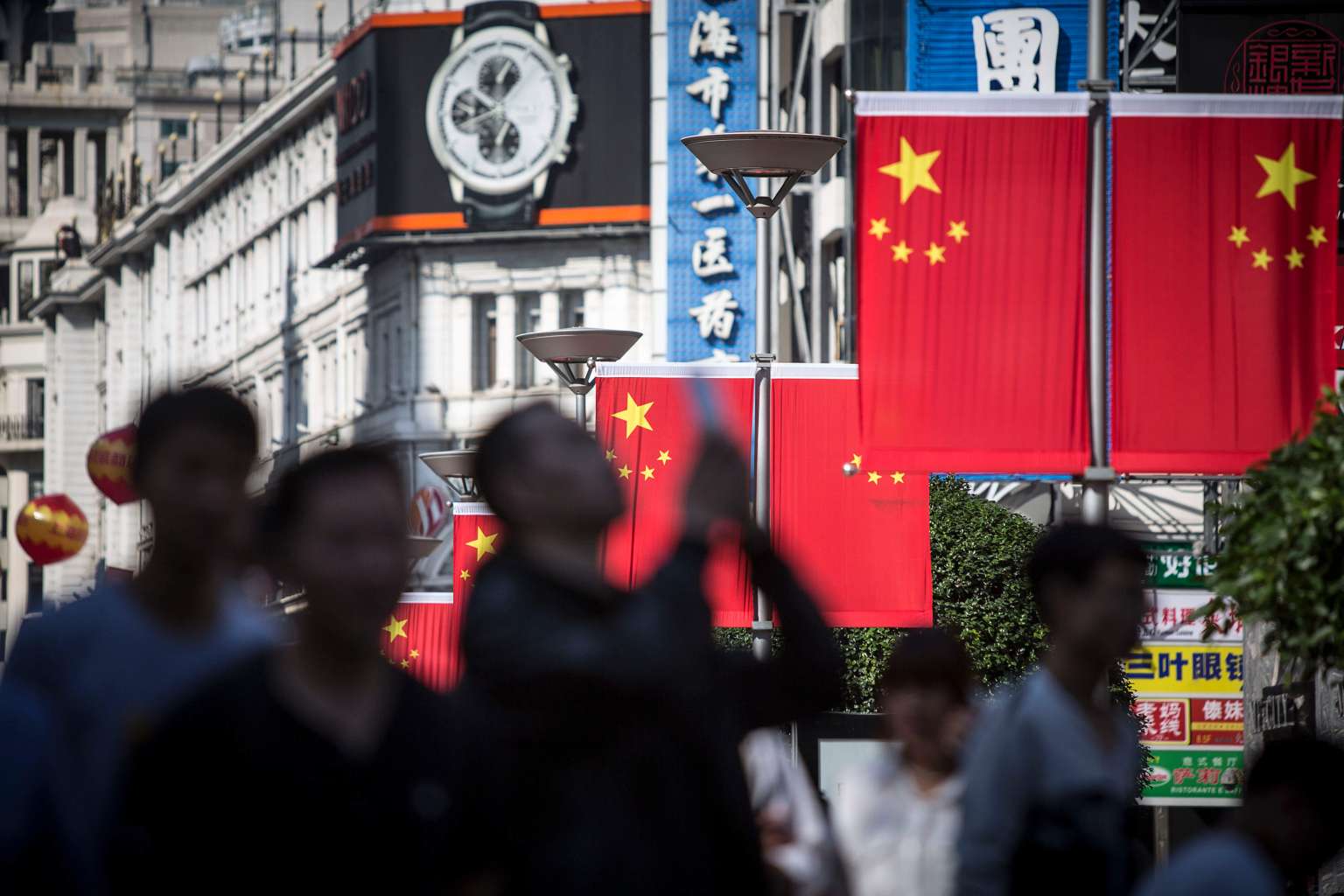Hefty wallets of Chinese lawmakers give Sweden's GDP a run for its money
Sign up now: Get insights on Asia's fast-moving developments

The combined fortune of the wealthiest members of China's parliament and its advisory body amounts to US$500 billion (S$706 billion), according to the Hurun Report.
PHOTO: BLOOMBERG
Follow topic:
BEIJING - Mao Zedong once branded capitalists enemies of the Chinese people. In the era of President Xi Jinping, those capitalists are billionaire lawmakers - and they're getting even wealthier.
The combined fortune of the wealthiest members of China's parliament and its advisory body amounts to US$500 billion (S$706 billion), just below the annual economic output of Sweden.
Among that group of 209 entrepreneurs and business tycoons, the 100 richest saw their net worth rise 64 per cent in the four years since Xi took power, according to the Hurun Report, an organisation based in Shanghai that tracked the wealth of the delegates, before their annual joint sessions that started on Friday (March 3) in Beijing.
Since he became president, Xi has pledged to tackle income inequality, alleviate poverty and crack down on corruption. Warning that graft could bring down the ruling Communists, Xi has ordered an end to alcohol-fuelled banquets and bribery, which often takes the form of red packets filled with cash or luxury handbags.
The increasing wealth of lawmakers "tells us that political power and money have remained tightly intertwined in China: This is a structural issue that Xi cannot solve," but only hide, said Jean-Pierre Cabestan, a professor of Chinese politics at Hong Kong Baptist University.
Indeed, despite Xi's austerity campaign, the influence of the rich in Chinese politics continues to grow. While delegates to China's parliament, or the National People's Congress, do not have a lot of power as they rubber-stamp most of the policies set out by the party's leadership, they get access to top leaders at the gathering.
It is also a place that will allow them to network with other potential business partners.
Starting more than a decade ago, the Communist Party, founded to empower workers and peasants and quash the capitalist class, began to welcome wealthy members to broaden its appeal and bolster its authority. Private entrepreneurs now account for about 20 per cent of the nearly 3,000 delegates to parliament, according to government news media.
Among the delegates who will convene at the Great Hall of the People this week are some of the most famous names in corporate China, including Pony Ma, chief executive of Tencent Holdings; Zong Qinghou, founder of the Hangzhou Wahaha Group, a beverage-maker; and Lei Jun, founder of the phone-maker Xiaomi.
The group also includes some Hong Kong tycoons, including Victor Li, the son of Li Ka-shing, the billionaire chairman of CK Hutchison Holdings. Hong Kong, a British colony that was returned to China in 1997, sends delegates to Beijing every March for the meeting.
David Zweig, a professor of Chinese politics at the Hong Kong University of Science and Technology, said he did not think the public would react negatively to the report by Hurun, which also publishes an annual China Rich List.
"It's basically a society where next year is going to be better than last year and it's been going on for 30 years, so there's no reason to assume that people are going to look at these guys and say: 'Oh, they're really dirty. They worked hard, they knew people, they got skills,'" Zweig said.
"That's part of the stability of the Communist Party," he added. "So there may not be that earthquake so fast."

